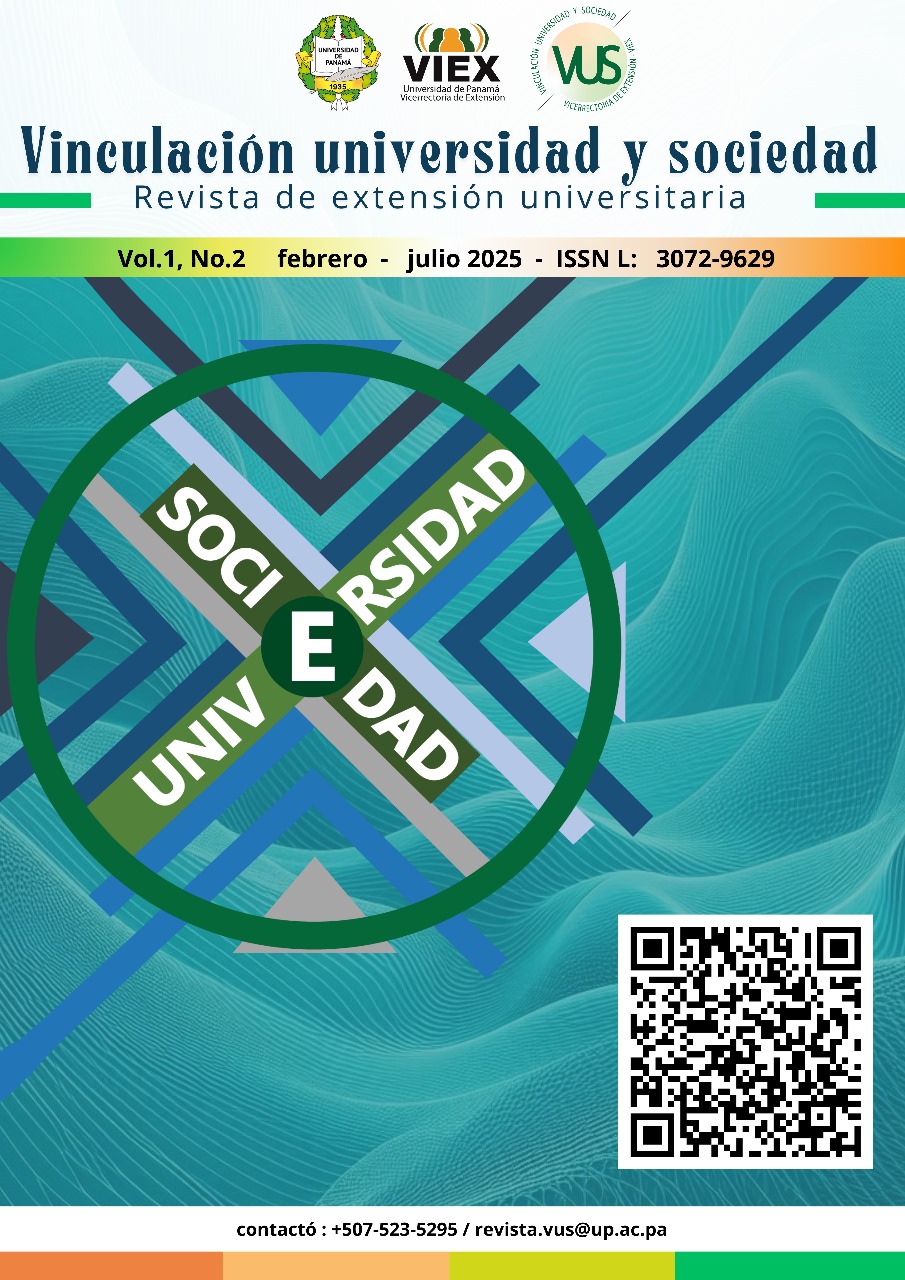

Derechos de autor 2025 Vinculación universidad y sociedad

Esta obra está bajo una licencia internacional Creative Commons Atribución-NoComercial-CompartirIgual 4.0.
Este estudio de caso analiza las estrategias para mejorar la calidad del servicio de guianza turística inclusiva en la Granja Integral Autosustentable de la UTB. Se empleó un enfoque descriptivo y una metodología mixta, encuestando a 36 beneficiarios del proyecto de vinculación "Turismo en la Granja Integral UTB" y realizando una entrevista con los autores del proyecto. Utilizando el diagrama de Ishikawa y el diagrama de Pareto, se identificaron las deficiencias más frecuentes que afectan la calidad del servicio. Aunque la mayoría de los usuarios se mostraron satisfechos, se destacaron áreas de mejora, como la necesidad de mejorar las actividades agroturísticas sensoriales (36.1%), proporcionar guiones y explicaciones más organizadas y lógicas (2.8%), mayor cortesía y participación de los guías (14%), e inclusión de actividades durante el recorrido (2.8%).
El estudio forma parte de los proyectos de I+D+I "Agroturismo sensorial en la granja integral UTB: diseño de guianza basada en la percepción de los sentidos y página web promocional" y "Turismo en la Granja Integral Autosustentable de la Universidad Técnica de Babahoyo con fines de educación ambiental, sostenibilidad e inclusividad", cuyo lema es "Disfrutando el turismo con los ojos del alma".